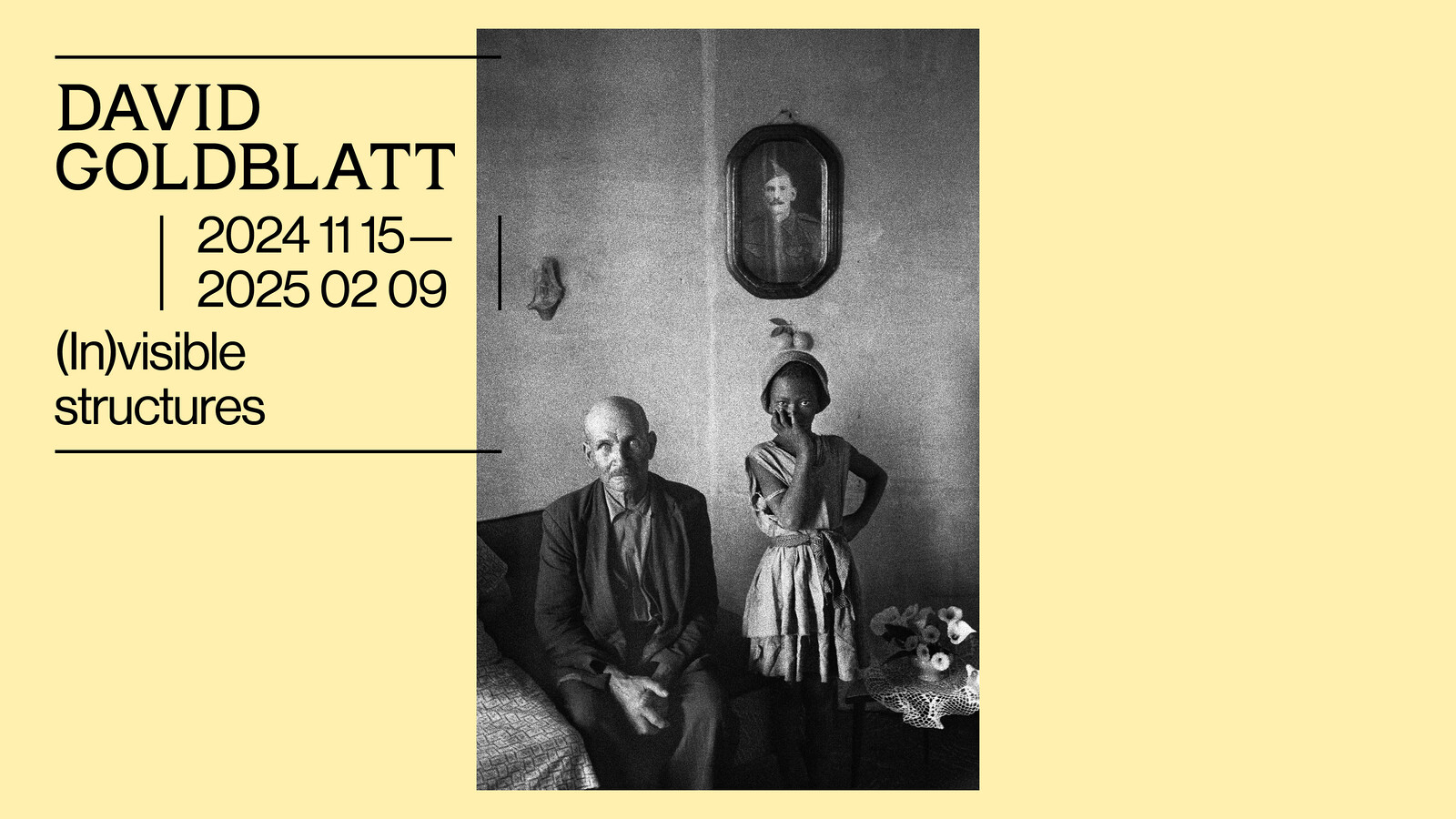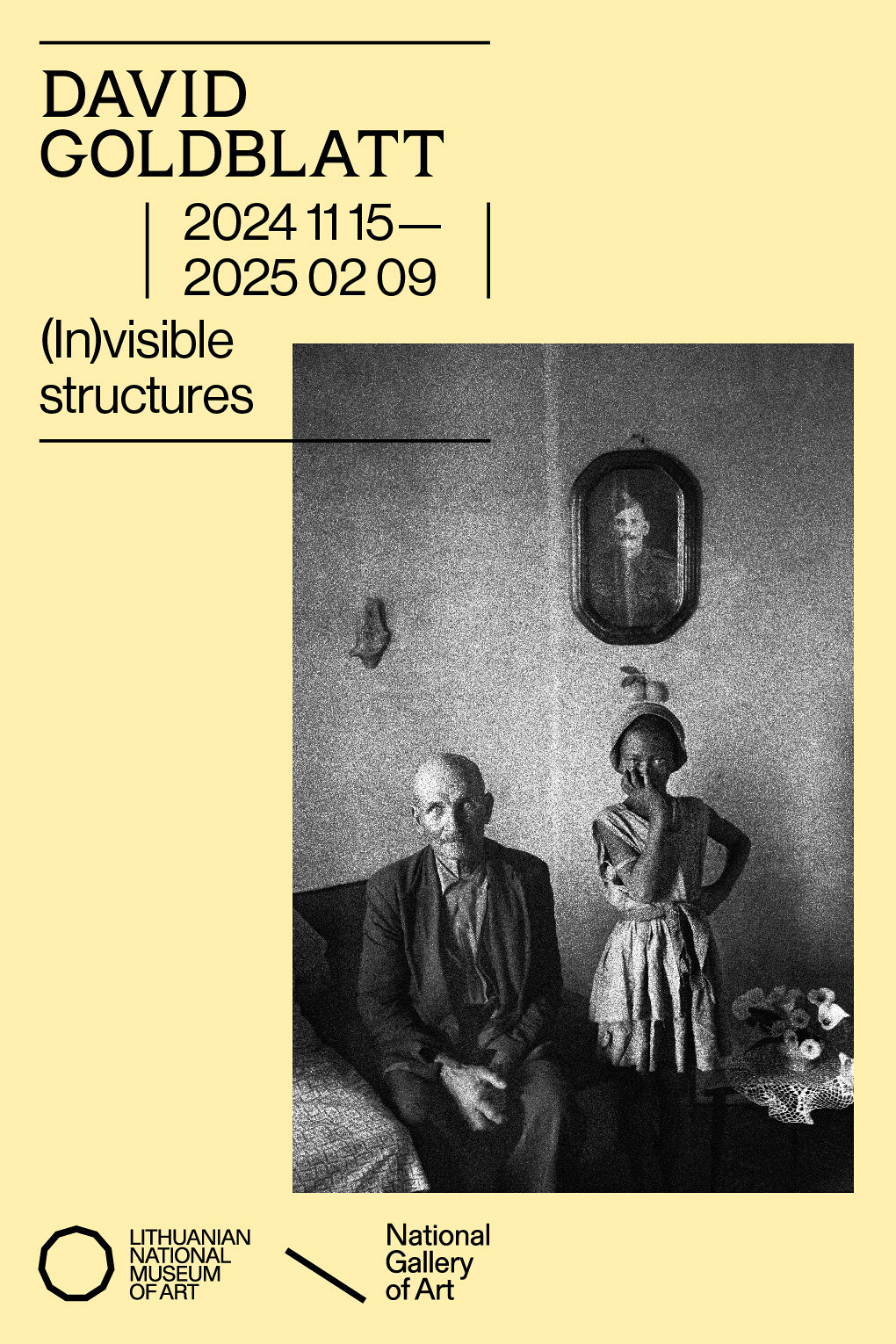Into Ourselves
November 11, 2017
Freilager-Platz 1
Institute Art Gender Nature, Basel Academy of Art and Design FHNW
CH-4002 Basel
Switzerland
dertank.hgk@fhnw.ch
Objectivity has a history. The idea emerged only around the mid-nineteenth century, and its function was related to the notion that in order to represent a scientific object faithfully one had to eliminate all subjective interferences. Though the emergence of the self as a cultural idea can be traced much further back, it is contingent on the peculiar vicissitudes of the new circumstances of urban life. Individuals in cities are both made by and being subjected to the constant influence of the mental processes of others, which stimulate and enlarge our minds but also make our minds less our own. The self has always been related to a form of contagion, making us no longer know what it means to be sincere in this flow of collective production of the self. But, again and again, we aim and we try to stimulate sincerity, to approximate the noble ethos, by becoming a reiterated impersonification. Yet the world of objectivity and the different kingdoms of the self rely heavily on few organs, mostly the brain and the eyes. Needless to say, when Eduardo Navarro proposed a series of edible drawings for his commission at der TANK, on the Campus of the Arts in Basel, a humorous scenery of a pleasurable destruction of the present crossed my mind. A fête to merge orders of production—art, ideas—with perception and the organs that are unaccounted for when we conceive our ideas of the self; that is, the stomach, the guts, the pancreas, the liver. Edible art, in the hand of Eduardo Navarro, is not a thing we “can do,” but a true individual apotheosis that questions the relationships we have historically established with our ideas and sentiments. In other words: if nationalism is based on imaginations of separation and if colonial-power expansionism was and is based on the possibility of absorbing, it is far from crazy to devise an art practice, a movement even, that fundamentally presents cultural cannibalism as a way to reveal the burden of post-Enlightenment forms of power, our relationship to the organs we use to produce ideas, and a future of more radiant and inspiring ideas about gender and identity.
To face this task, in the unassuming and gentle manner that defines his whole artistic production, Eduardo Navarro has been baking and drawing. Into Ourselves rejects, or better, does not acknowledge the limits between the works and ourselves. He invites all of us to just eat what we see. Oh! One could even think that this large cabinet of drawings presents the educational success of “high art,” though not by way of the admiration it awakens, but of the fear we have of art, historically speaking, being eaten or destroyed. However, digestion is a comprehensive function aimed at, ironically enough, the spread of what we eat. By eating one of culture’s most extreme forms of authority—art—we also move away from any revanche or adversarial gesture, since to come to the exhibition and eat it can only be a newly invented form of pleasure. A pleasure based on the simple energies that conjure the need to institute a different grand récit of gender, nature, race, and, of course, art—and nothing but its steady manifestation in all the organs, from all the stomachs to the Parliaments, that bear the future of democracy.
Into Ourselves is a newly commissioned work for der TANK. It must be understood as a prefiguration for a coming exhibition of Eduardo Navarro at The Drawing Center in New York City, and it was produced thanks to the support of the artEDU Foundation. The artistic commissions at der TANK stress the interests and engagements of the Art Institute by producing a space at the core of art education to engage with forms of artistic speculation that are linked to the questions of our curricula and to the different forms of artistic transmission we are embracing.
Curated by Chus Martínez
Curatorial Assistant Simon Würsten
Opening times:
Thursdays, 5–8pm
Saturdays and Sundays, 2–6pm
And by appointment
On Thursdays visitors are invited to share a soup made from the artworks



